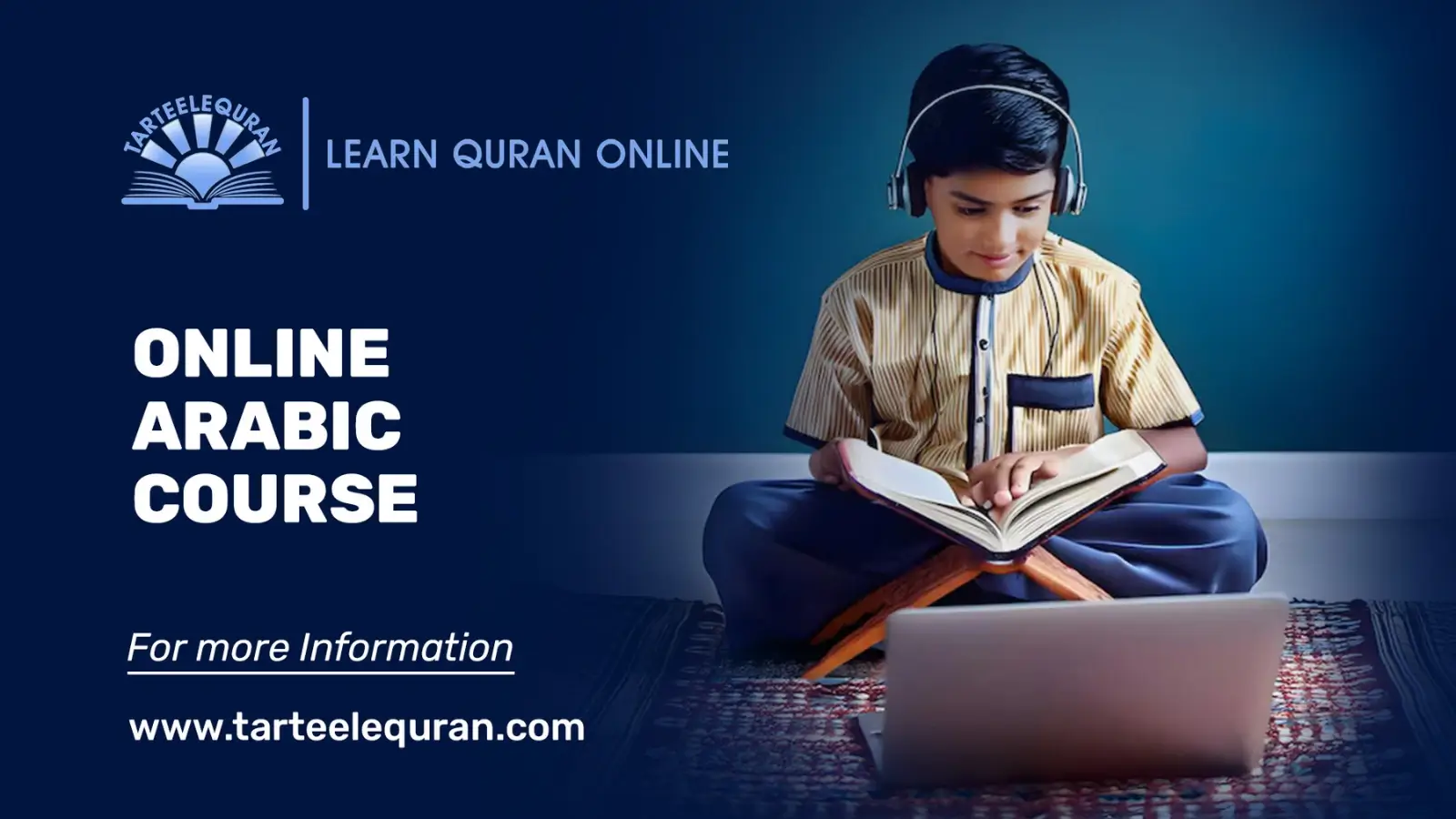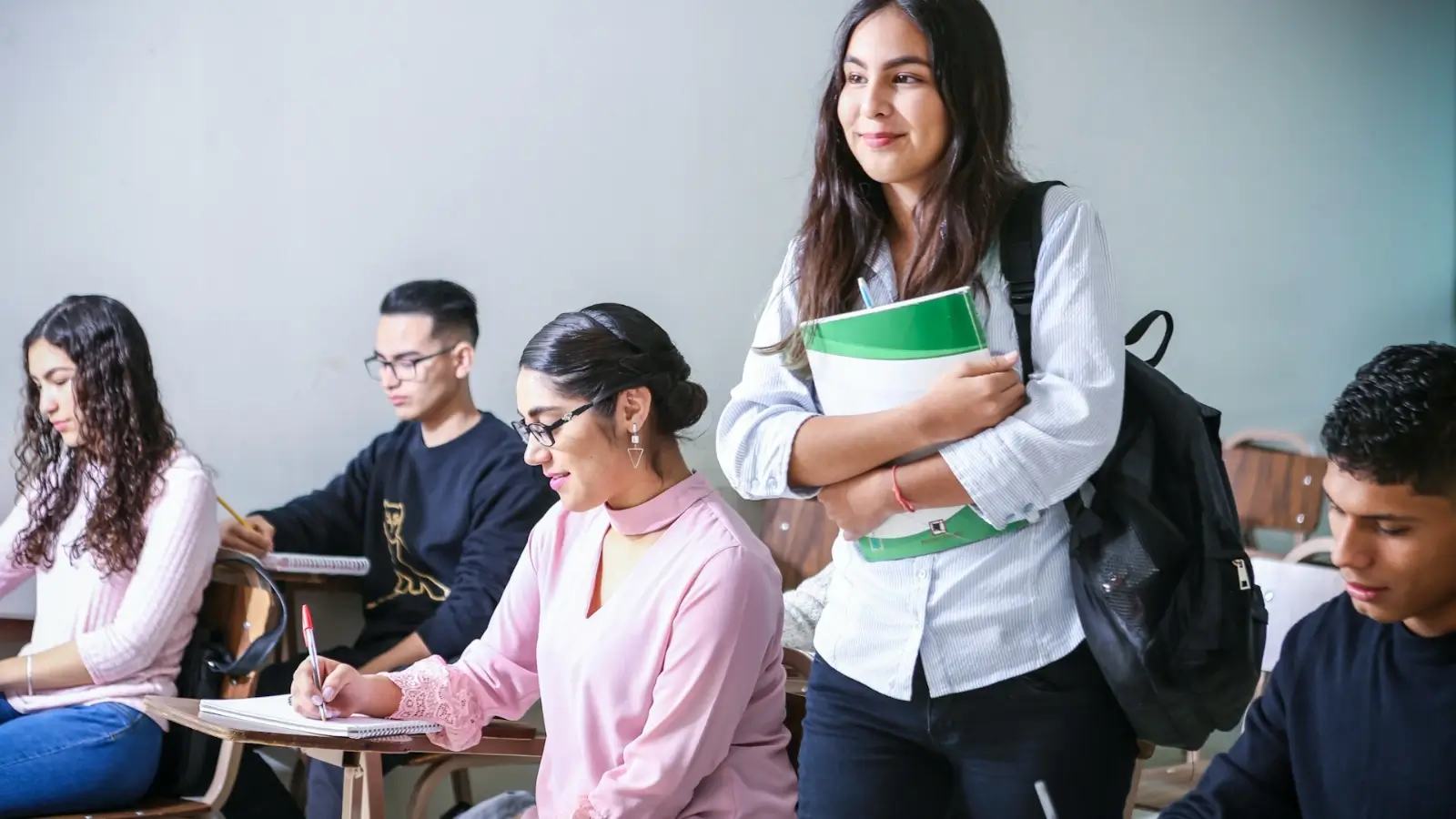Digitalization has benefited every field, whether Islamic or conventional education. Islamic scholars, Allamas, and learned teachers from around the world are easily accessible with a single click. Online Quran classes transform the Islamic learning experience, offering accessibility to world-class resources and teachers. You can balance your work, personal, and professional life, along with the online Quran classes in this modern digital era.
Benefits of earning Quran Online
Online Quran classes break geographical barriers as an obstacle to education. Students in remote villages, busy professionals in major cities, and new Muslims worldwide can connect with qualified teachers from home. This accessibility fulfills the prophetic teaching where the Prophet Muhammad ﷺ said,
"The best among you are those who learn the Qur'an and teach it" (Bukhari).
1. Breaks the Barriers
Distance is no longer an excuse. A student in a remote village, a working mother in New York, and a revert in Australia can now sit before a qualified teacher without ever leaving home. Islam has always emphasized focusing on the path of learning.
Prophet Muhammad ﷺ said, "Seek knowledge even if you have to go to China".
Online education has even made that easier, as you can have access to every corner of the world through a screen. This digitalization has promoted the modern Islamic education and the hadith that says:
“The best among you are those who learn the Qur’an and teach it” (Bukhari).
2. Promotes Personalized Learning
Not every student learns the same way, and traditional madrasa setups can’t always accommodate individual pace. But virtual classes allow for tailored lessons. Whether someone is perfecting tajweed or memorizing surahs, instructors can adjust speed, content, and focus areas.
This flexibility often leads to better retention, deeper understanding, and greater love for the Qur’an. It’s not just about reading; it’s about connection, and when learning adapts to you, that connection grows stronger.
3. Revives Consistency
The Prophet ﷺ taught that “The most beloved of deeds to Allah are those that are consistent, even if small” (Bukhari & Muslim). Online classes encourage that very consistency. Fixed slots, regular revision, and digital reminders help students maintain a rhythm.
Even ten minutes of recitation each day becomes powerful when sustained over months. With tools like recordings, revision trackers, and mobile access, students can engage wherever they are, even during a commute or break at work.
4. Empowers Women Within Homes
One of the silent revolutions of online Qur’an learning is the empowerment of women. Many mothers now join classes alongside their children, turning homes into spaces of collective spiritual growth. In the past, issues of travel, safety, and gender restrictions held many back. Today, these barriers are dissolving.
A household where the mother learns becomes a home filled with Qur’anic echoes. Children naturally follow what they see. A mother reviewing Tajweed rules at the kitchen table can lead the entire family in the right direction.
5. Makes Global Scholars Within Reach
Previously, finding a credible teacher meant depending on local availability. Now, students have access to scholars and huffaz from across the globe. This global reach is more about exposure to different teaching methods and cultural understandings of Islamic knowledge than diversity of accents and dialects.
When a teacher from Egypt helps a student in Canada improve their recitation, it’s not just an educational exchange but the Qur’an uniting hearts across continents.
6. Nurtures Islamic Identity in the Digital Age
Young Muslims today live in a noisy world. Social media, peer pressure, and information overload can cloud their understanding of faith. Online Qur’an classes offer a quiet, focused space. Instructors often become mentors. Sessions turn into moments of reflection.
And slowly, with every ayah, the noise fades.
“Indeed, this Qur’an guides to that which is most just and right…” (Surah Al-Isra, 17:9). In that verse lies the heart of this movement.
7. Supports Progress Tracking
Modern technology enhances Qur'anic learning through video calls, screen sharing, and digital tools. Students can record lessons, track progress, and review difficult verses with simple clicks.
Online platforms like Quran Grace and many others include quizzes, feedback systems, and interactive memorization features that keep students engaged while maintaining the sacred nature of learning.
Structured schedules and progress tracking help students stay on course. Parents monitor their children's development while teachers identify learning patterns early. This transparency ensures no student gets left behind. Consistent and accountable learning creates lasting results.
Conclusion
The trend of online Quran education in modern Islamic learning has transformed the entire learning process. Muslim Ummah these days prefer connecting with scholars from around the world, promoting different schools of thought. Whether you want to listen to the scholar based in the deserts of Arab or the islands of Malaysia, online Quran classes can bridge the gap.
With every student logging in from a different corner of the world, the message of the Qur’an travels faster, deeper, and wider. In embracing technology for Qur’anic learning, we’re not diluting tradition—we’re fulfilling it.

















